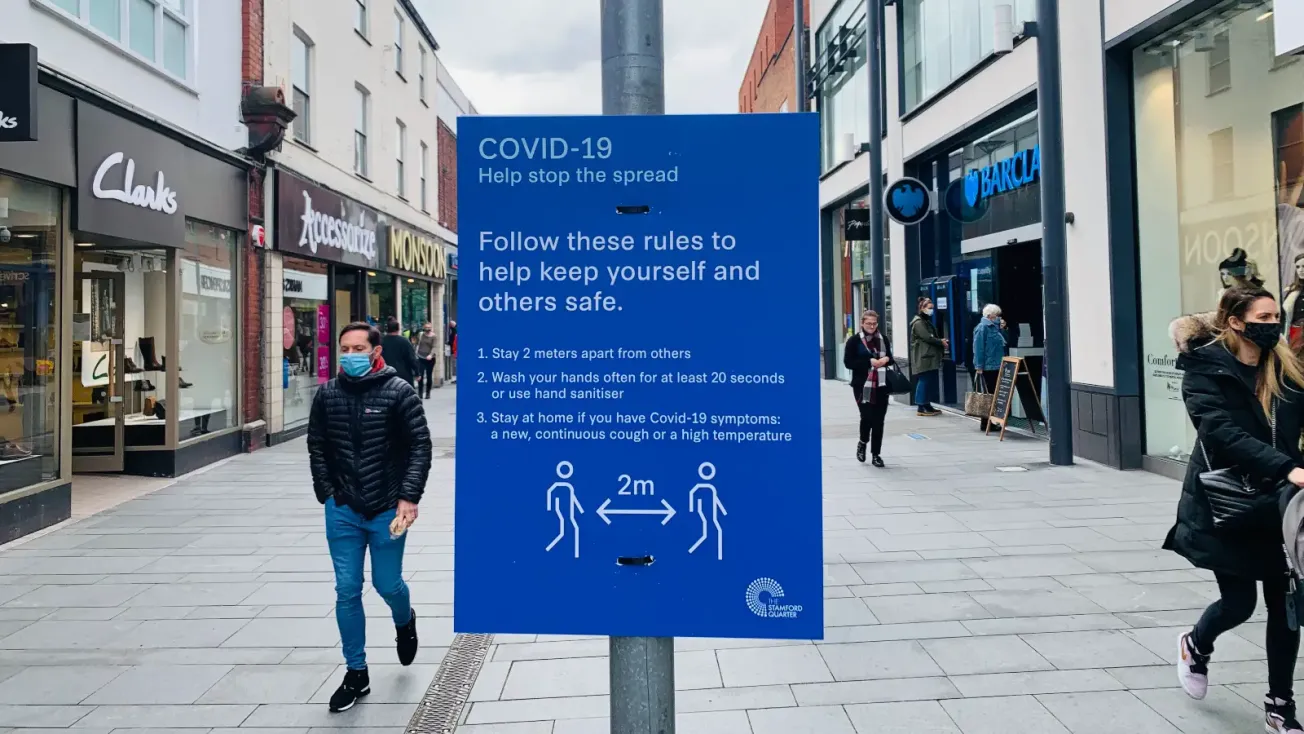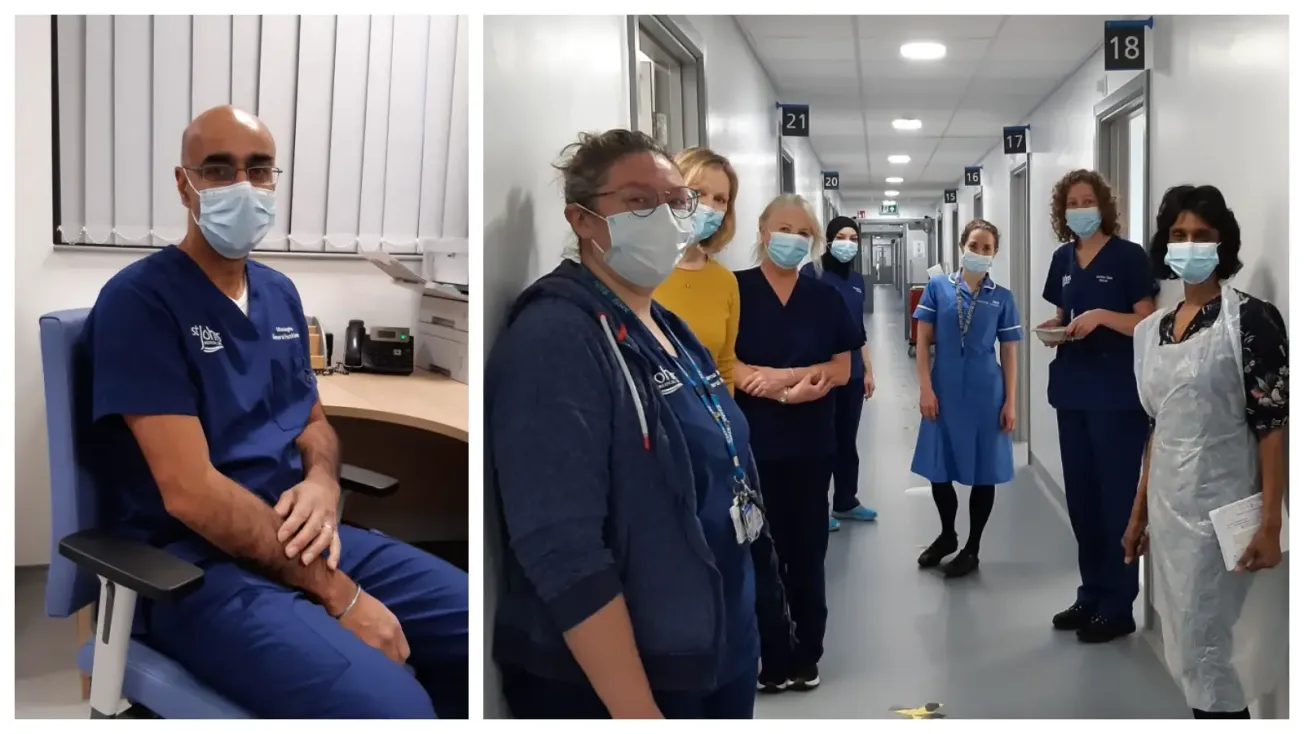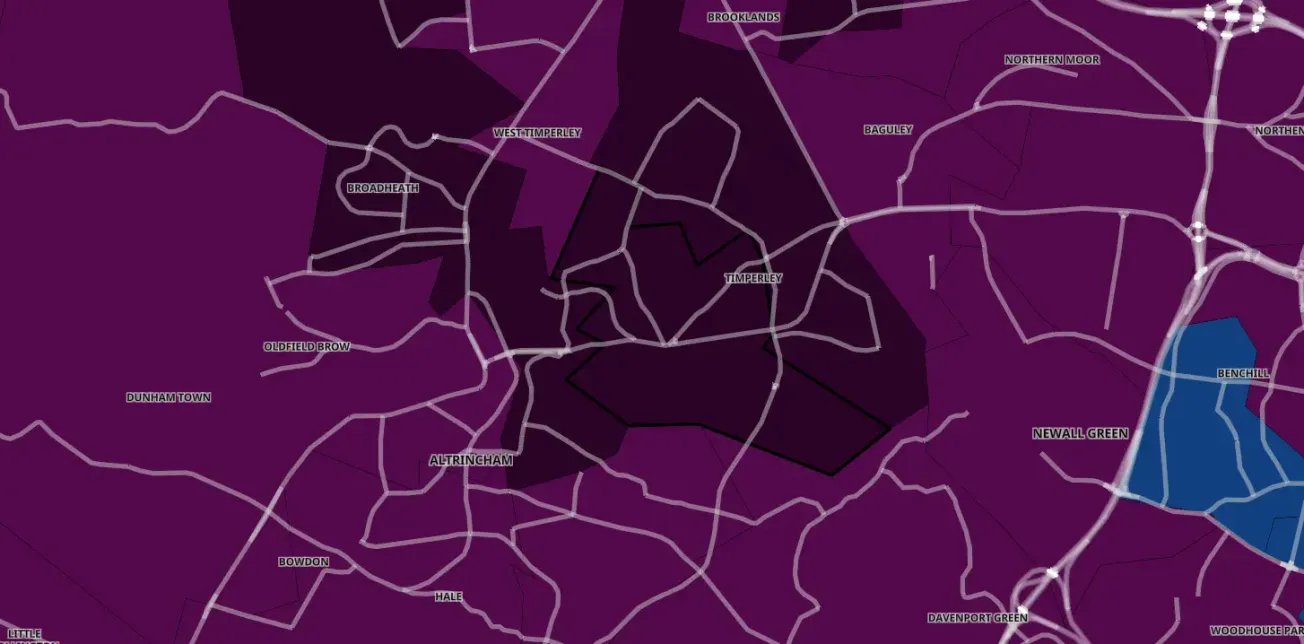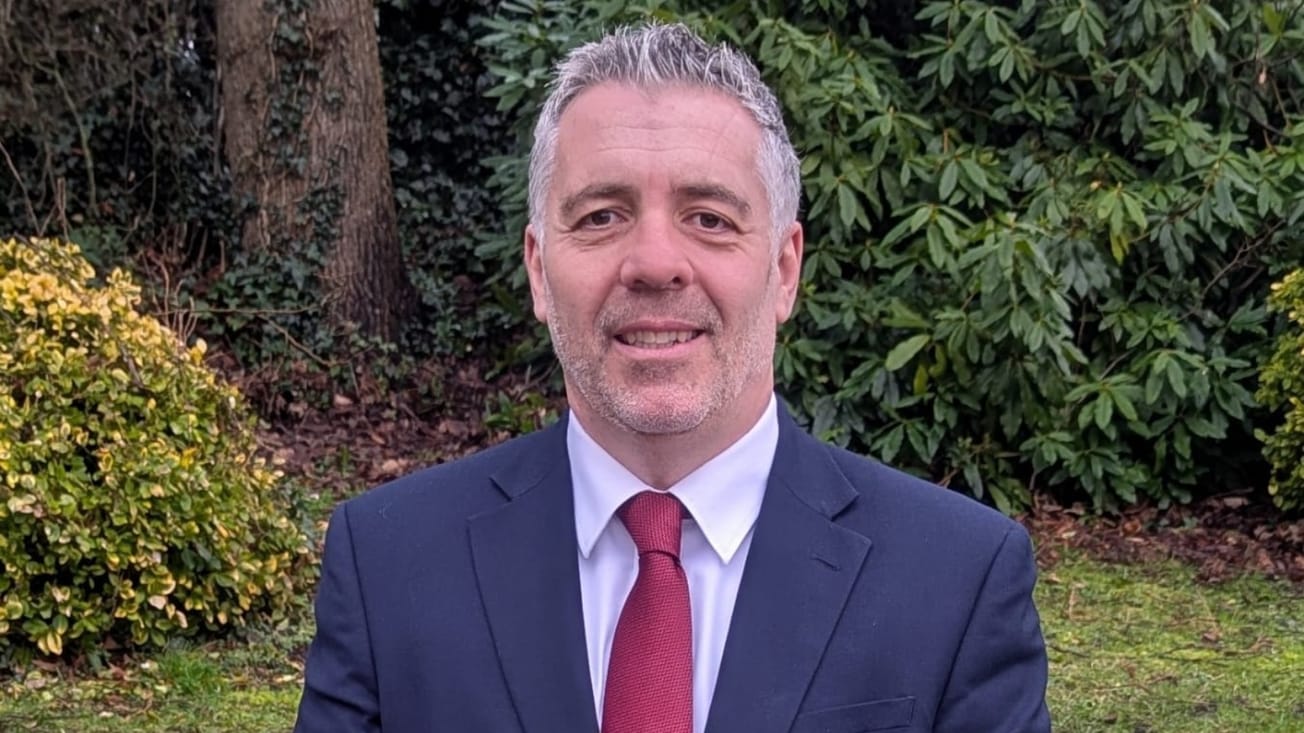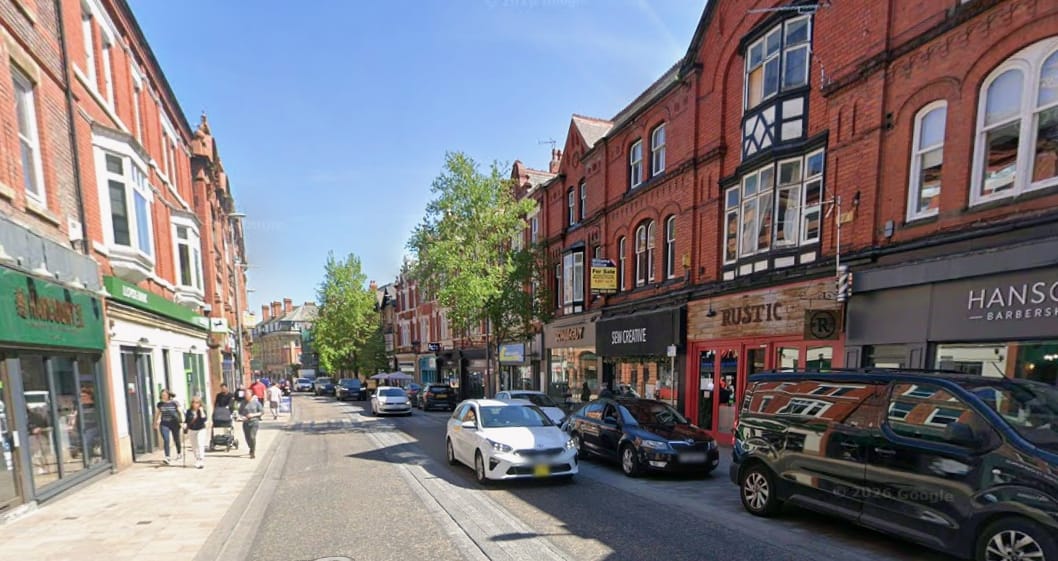Sir Graham Brady says he supports the lifting of local restrictions in Trafford – and criticised the council for not properly seeking a consensus on the issue.
Trafford Council leader Andrew Western this morning confirmed that the borough would be released from Greater Manchester’s lockdown measures after seeing its request for an extension overruled by government.
Western said he believed the local restrictions – which had been in place across the whole of Greater Manchester since July 30th – should be extended for at least a further week in Trafford.
He said the decision “makes a mockery of the claims of locally led decision making” and, this afternoon, has tweeted that the situation had been made “more concerning” by the latest figures which he said showed an increase in the infection rate by a third to 28 cases per 100,000 people.

Geraldine Coggins, the Green Party leader on Trafford Council, also said she was “shocked” that the recommendations of the council’s Director of Public Health were being ignored.
But Brady, MP for Altrincham and Sale West, said he was “surprised” by Western’s comments.
He told Altrincham Today that he was told on Tuesday that the council wanted to seek a one-week extension to the restrictions, but that he had asked for more data surrounding hospital admissions and positive test rates.
But before he received that information, Brady said he received an email that Trafford was recommending a two, not one-week, extension.

He said: “Having failed to seek consensus it is odd for the council to object. I understand that the Department of Health and Social Care offered a choice of ending restrictions on the wards with the lowest infection rates or ending restrictions for the whole borough and the council chose the latter.”
The government is set to confirm today exactly when the local restrictions will be lifted in Trafford.
Brady cited the most recent data he had seen which showed that six wards out of the 21 across Trafford had had no cases at all in a week, and 19 out of the 21 had five cases or fewer.
“In most wards with any infection at all it will be down to a single household, and hospital admissions continue to fall,” Brady added.
“Making it illegal for people to see their families seems like an extreme measure in these circumstances.”


